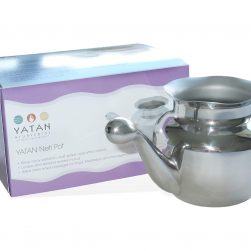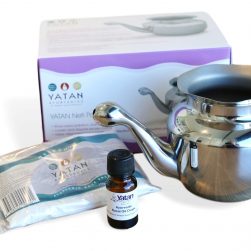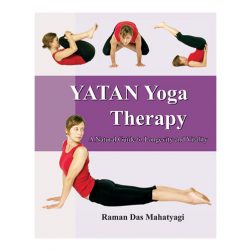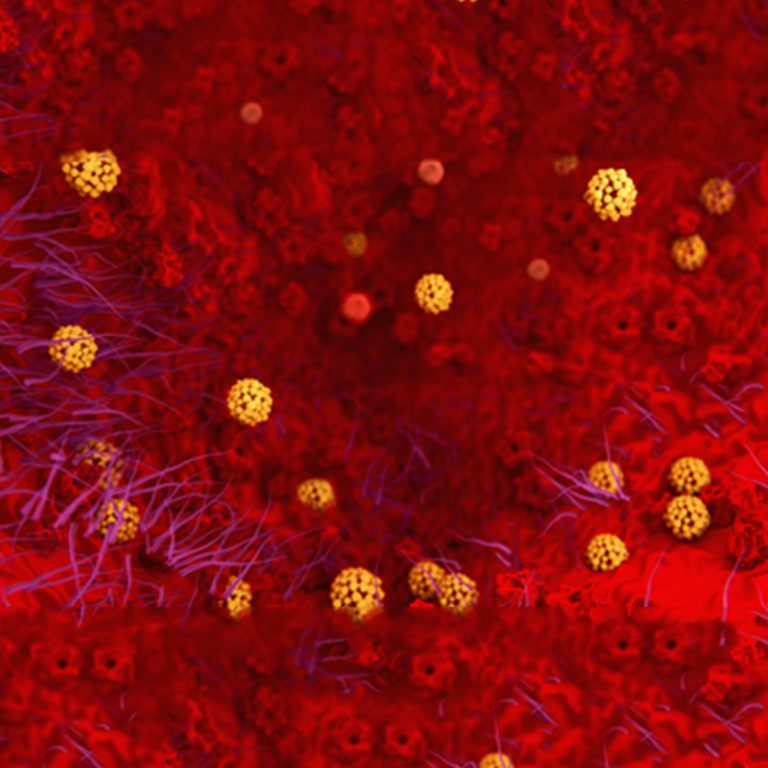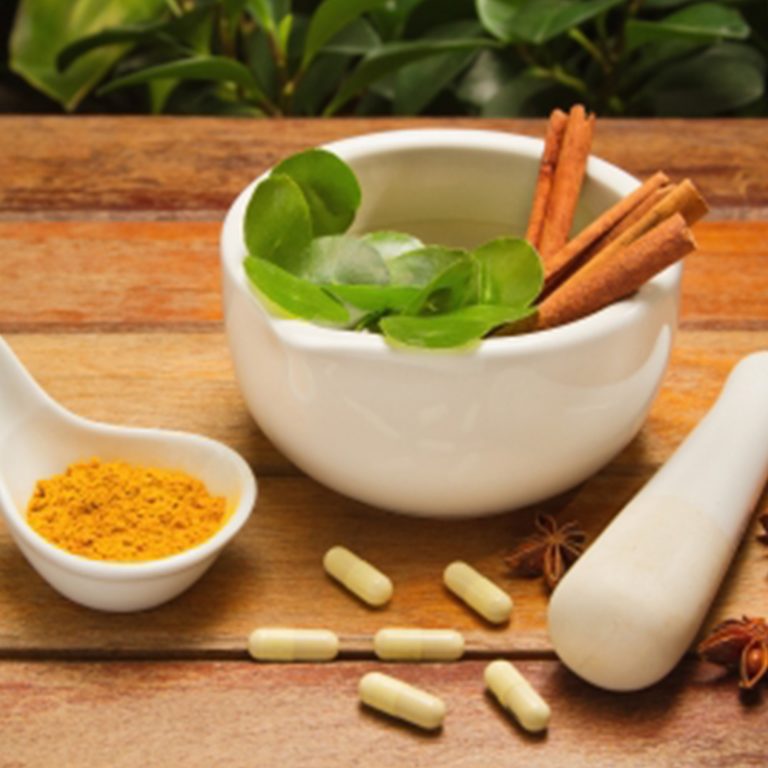Lasting Allergy Relief: Understanding Natural Treatment for Allergies through Ayurveda
Allergies have become a common issue for many Australians. From pollen to peanuts, these reactions can significantly affect daily life, physical health, and mental well-being. But what exactly are allergies, and how do they impact the body and mind? This article explores the types of allergies, their symptoms, conventional allopathic treatments and their limitations, and how Ayurveda offers holistic, natural treatment for allergies. At the Yatan Centre, Raman Das, our expert Ayurvedic Practitioner with 30+ years of experience, can offer you a range of treatment options for lasting allergy relief.
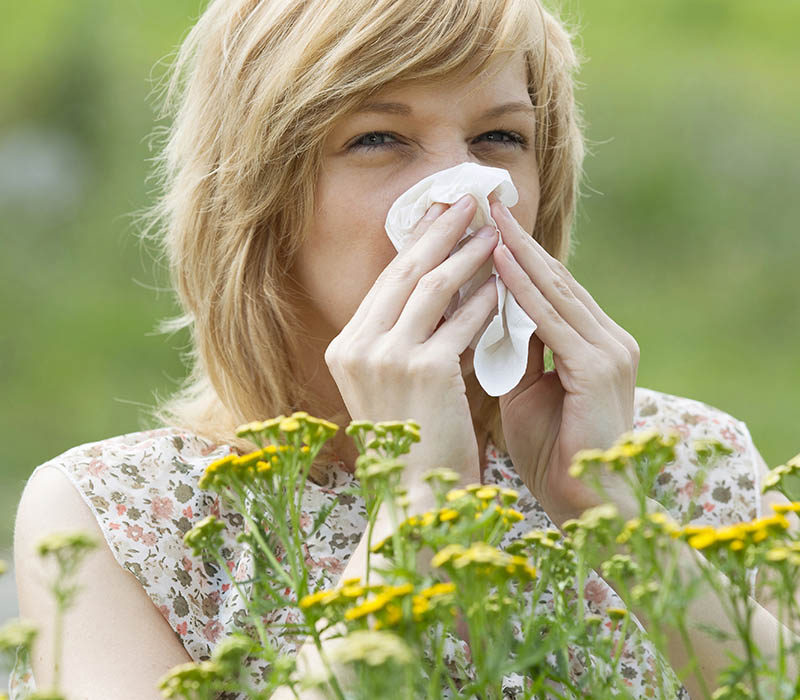
What Are Allergies and What Types Exist?
An allergy occurs when the immune system reacts abnormally to things like pollen, pet hair, or certain foods. The body thinks these allergens are harmful and triggers an immune response, causing different symptoms.
Common Types of Allergies
- Seasonal Allergies (Hay Fever – Allergic Rhinitis): Triggered by pollen, grass, and other airborne particles, leading to sneezing, runny nose, and itchy eyes.
- Food Allergies: A reaction to nuts, shellfish, or dairy, among others. Symptoms can range from mild hives to severe anaphylaxis.
- Skin Allergies: Cause rashes including eczema, dermatitis, and hives, resulting in redness, itching, and inflammation.
- Animal Allergies: Dander from pets can produce symptoms similar to hay fever.
- Dust and Mould Allergies: Household allergens that lead to chronic sneezing and nasal congestion.
In Australia, mould and condensation in homes pose significant health challenges. When inhaled, mould spores can cause severe reactions beyond common allergy symptoms. Prolonged exposure can lead to respiratory problems, including asthma, chronic sinus infections, and lung inflammation. Exposure may also trigger fatigue, headaches, and skin rashes for some as the immune system responds to airborne spores. In more severe cases, certain moulds produce mycotoxins that can contribute to critical health conditions and weaken the body’s immune function.
How Allergies Affect the Mind and Body
Allergies aren’t just physical. The ongoing nature of allergy symptoms can heavily influence emotional and cognitive functioning. Daily experiences such as waking up with a stuffy nose, frequent sneezing, and itchy eyes can severely affect mood, focus, and productivity.
Studies have linked chronic allergies to:
- Fatigue and sleep disruption: Congestion and other symptoms can make restful sleep difficult.
- Cognitive issues: Brain fog and decreased concentration are common among those with persistent allergies.
- Mood disturbances: Irritation and frustration from continuous discomfort can lead to anxiety or depression.
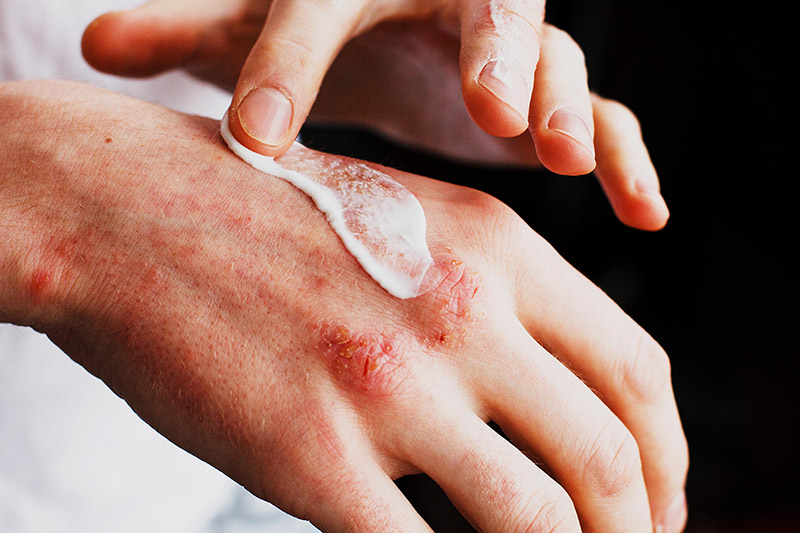
The Physical Toll
Allergic reactions can range from mild to severe. Common symptoms include itching, swelling, and respiratory difficulties. Severe cases can escalate to anaphylaxis, a potentially life-threatening condition that requires immediate medical attention. The inflammation caused by allergies can also contribute to chronic conditions such as sinusitis, asthma, and increase the risk of respiratory infections.
Standard Allopathic Treatment Options and Potential Side Effects
The conventional approach to treating allergies involves managing symptoms through medications such as:
1. Antihistamines
- How they work: These medications block histamine, a chemical released during an allergic reaction.
- Common brands: Claritin, Zyrtec, and Benadryl.
- Potential side effects: Drowsiness, dizziness, dry mouth, and in some cases, urinary retention.
2. Decongestants
- How they work: They reduce swelling in the nasal passages to ease breathing.
- Side effects: Insomnia, headaches, and increased blood pressure.
3. Corticosteroids
- Usage: Commonly used as nasal sprays or creams to reduce inflammation.
- Side effects: Long-term use can cause thinning of the skin, increased susceptibility to infections, and hormonal imbalances.
4. Epinephrine (Adrenaline)
- Application: Used for severe allergic reactions (anaphylaxis) and administered via an EpiPen.
- Considerations: It’s a lifesaving measure but not a treatment for long-term allergy management.
5. Immunotherapy
- How it works: Gradually exposes the body to small amounts of an allergen to build tolerance and reduce symptoms over time.
- Duration: Typically 3 to 5 years.
- Uses: Targets specific allergens such as pollen, dust mites, pet dander, and insect sting allergies.
- Side effects: May cause redness, swelling at the injection site, mild allergy symptoms, or, rarely, anaphylaxis. Due to its mechanism of stimulating the immune system, fatigue, skin reactions, gut issues and flu-like systems may also occur.
Symptomatic Relief vs. Treating the Root Cause
Conventional treatments typically offer symptomatic relief, targeting immediate discomfort without addressing underlying causes. This approach is beneficial for quick relief but does little for long-term healing. Over time, repeated exposure to triggers coupled with a reliance on medications may lead to:
- Increased tolerance to drugs, requiring higher doses for the same relief.
- Worsened overall health, as side effects from prolonged medication use take their toll.
The Long-Term Consequences of Symptomatic Treatment Only
Long term symptomatic treatment can create a cycle of dependency on medication. This may lead to:
- Chronic inflammation, causing damage to tissues over time.
- Suppression of natural immune responses, making the body less capable of self-regulation.
- Worsening of related conditions, such as asthma or eczema, if they are left unmanaged beyond symptomatic treatment.
While Immunotherapy goes beyond symptom management by building the body’s tolerance to specific allergens over time, it does so by modifying the immune response to particular triggers. It does not address deeper systemic imbalances or enhance the body’s resilience. This targeted approach, while effective, falls short of treating the root causes of an individual’s allergic reactions from an Ayurvedic understanding.
The Ayurvedic Concept of Allergy
Ayurveda, the time-honoured Indian medical system, approaches allergies holistically. It holds that allergies result from an imbalance in the body’s doshas—Vata, Pitta, and Kapha. When these energies are not in harmony, the body’s natural defence mechanisms weaken, leading to increased sensitivity to external triggers.
Types of Allergic Reactions in Ayurveda:
- Vata-Type Allergy: Characterized by dry cough, sneezing, and dry skin.
- Pitta-Type Allergy: Results in skin rashes, burning sensations, and inflammation.
- Kapha-Type Allergy: Leads to mucus buildup, congestion, and sluggishness.
Ayurvedic allergy treatment is a holistic mind-body approach that aims to restore balance to these doshas by identifying root causes, often in poor diet, weak digestion (agni), or toxin buildup (ama). Our natural allergy treatment approach aims to strengthen the body’s resilience and promote lasting wellness.
Ayurvedic Holistic Treatment Options and Approaches
Dietary Adjustments
- Personalized diet plans based on dosha type can help balance the body’s internal energy.
- Detoxifying and immune supporting Ayurvedic herbal remedies that provide plant-based natural allergy relief
- Avoidance of allergy-triggering foods, which are specific to the individual’s constitution.
Lifestyle Changes
- Breathing exercises (Pranayama) to strengthen respiratory health and support the nervous system by promoting relaxation and reducing stress through activating the parasympathetic nervous system (the “rest and digest” response). Deep, controlled breathing increases oxygen supply to the brain, enhancing cognitive function, reducing anxiety, and stabilizing emotions.
- Daily routines (Dinacharya) support overall balance and immunity. These practices align the body with natural rhythms, enhancing both physical and mental well-being. One beneficial practice is nasal cleansing using a neti pot. This method flushes allergens, dust, and excess mucus from the nasal passages, supporting respiratory health and aiding those with allergies by reducing congestion.
- Meditation and stress management can help, as stress can exacerbate allergy symptoms by weakening the immune response. Even a short daily yoga practice can further enhance these benefits by promoting relaxation, improving circulation, and boosting overall resilience to stress. Gentle yoga poses combined with mindful breathing help calm the nervous system and create a state of balance, which can reduce the frequency and severity of allergic reactions.
Herbal Remedies
Ayurvedic herbal remedies for allergies are often employed in meticulously balanced combinations to enhance their benefits. Preparing and administering these herbs and choosing the right anupana (vehicle), such as milk, water, or honey, plays a significant role. Additionally, the timing of consumption and the accompanying diet are essential factors that the expertise of a skilled Ayurvedic practitioner should guide.
Common Ayurvedic Herbs for Allergy Relief:
- Turmeric (Curcuma longa): A potent anti-inflammatory and antioxidant, turmeric helps reduce allergic responses and supports overall immune function.
- Pippali (Long Pepper): Known for its ability to enhance digestion and metabolic fire, it helps clear excess mucus and respiratory blockages.
- Asafoetida (Hing): Useful in clearing congestion and balancing Vata dosha, which can benefit allergies that involve bloating and digestive issues.
- Shatavari (Asparagus racemosus): Known for its cooling and nourishing properties, Shatavari helps soothe Pitta-related allergies and inflammation.
- Trikatu (Three-Pepper Blend): A combination of black pepper, long pepper, and dried ginger, Trikatu helps stimulate digestion, clear respiratory pathways, and enhance absorption of other herbs.
- Ashwagandha (Withania somnifera): Renowned for its adaptogenic qualities, ashwagandha bolsters immune function and helps reduce systemic inflammation, making it beneficial for chronic allergy sufferers.
- Tulsi (Holy Basil): Known for its natural antihistamine and anti-inflammatory properties, Tulsi supports respiratory health and helps clear nasal passages, relieving congestion and sneezing.
How the Yatan Centre Can Help
Raman Das Mahatyagi, with over 30 years of experience in Ayurvedic practice, leads the Yatan Holistic Ayurvedic Centre, which is well-regarded for personalized treatments that go beyond symptom management. Here’s how he can help:
Personalized Consultations
Raman Das takes a comprehensive approach to understanding your allergy profile during your Ayurvedic consultation. He considers your dosha constitution, lifestyle, and emotional health to tailor a unique treatment plan.
Integrated Treatment Plans
By combining traditional Ayurvedic techniques with modern insights, the Yatan Holistic Ayurvedic Centre provides a unique blend of:
- Dietary recommendations to cleanse and support your body.
- Ayurvedic Herbal Remedies that act as natural antihistamines and immune boosters.
- Therapeutic practices including yoga, meditation, pranayama, massage and panchakarma to detoxify and rejuvenate your system.
Long-Term Benefits
Unlike allopathic treatment, which often only masks symptoms, our holistic approach seeks to resolve your underlying imbalances. Over time, this helps reduce allergy flare-ups and strengthens your immune system, improving overall quality of life.
Embrace Lasting Allergy Relief with a Holistic Approach
Allergies can be more than just an inconvenience—they can greatly impact your physical health and mental well-being. We understand how frustrating it can be to seek relief from conventional treatments that often provide only temporary solutions, leaving you to deal with unwanted side effects and unaddressed issues. By considering the holistic and individualized approaches of Ayurveda, you can embark on a supportive journey toward true wellness. This path helps alleviate your symptoms and opens up a world of vibrant health!
Don’t let allergies dictate your life. Call the Yatan clinic today on 1300 552 260, or simply fill out our online contact form to schedule a free 10 minute consultation with our Ayurvedic expert Raman Das.
All information and resources referenced in this article, including herbal preparations, exercise and dietary recommendations, are based on the opinion of the author. All content is intended to inform and encourage the reader to seek professional health advice if you have experienced any conditions or symptoms discussed. No information in this article should be considered a diagnosis or prescription.

*Discover holistic healing with a complimentary phone or video consultation from our expert Ayurvedic practitioner. Start your path to better health today!*



















